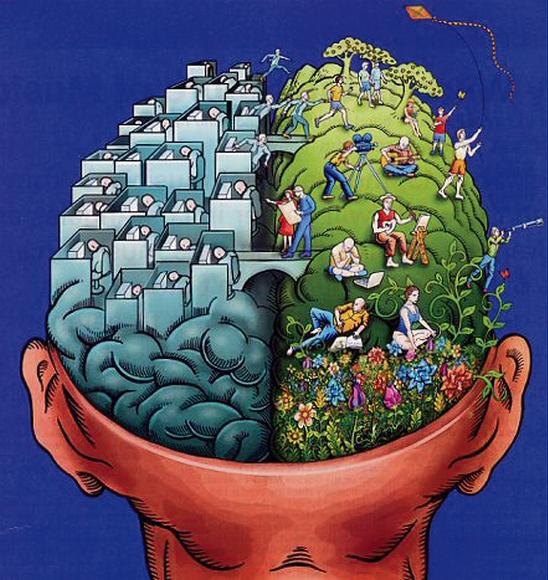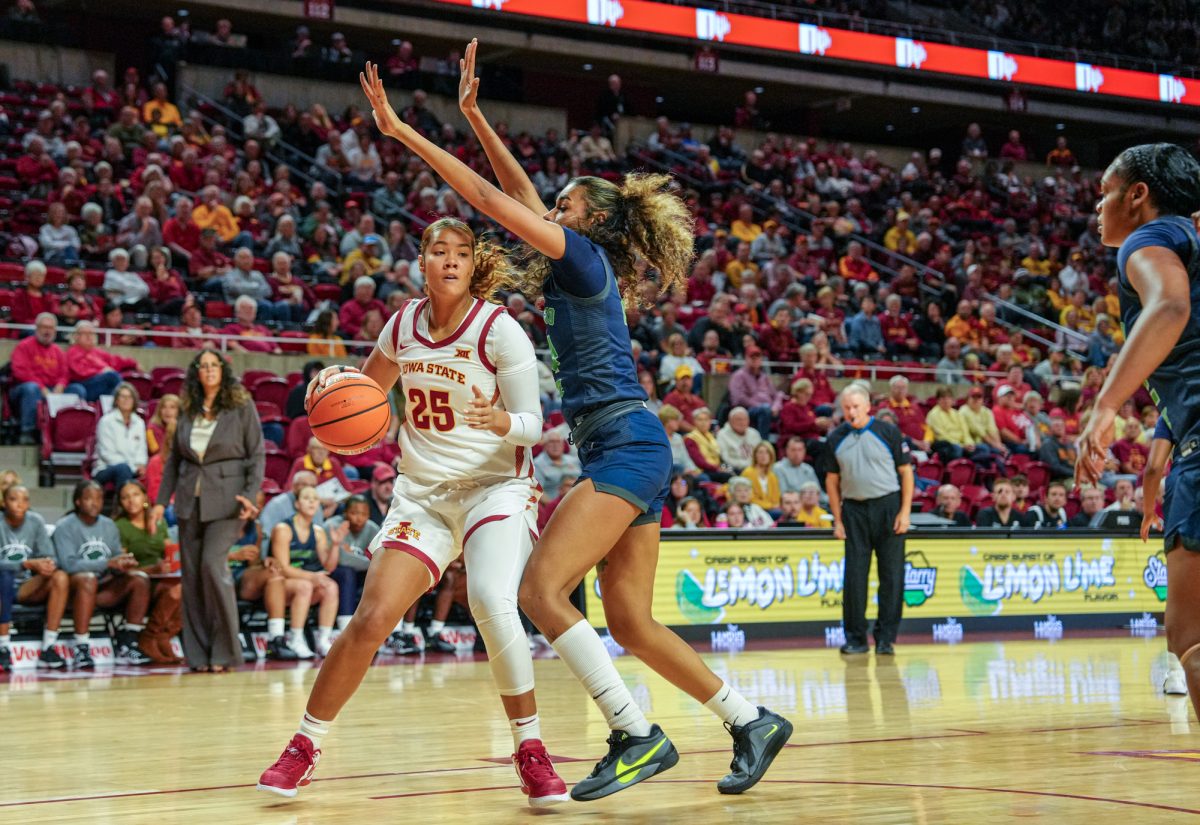Recognizing each person’s differences is the medicine we need
September 25, 1997
For those of you who were not at ISU this summer, there were two wonderful and insightful articles published in the Daily.
Also, last fall there was another article by Brian Johnson, which I will talk about later. The article by Zuri Jerdon, “An Apology Could Do Us Some Good, ” was about a national apology for slavery.
I understood the apology Mr. Jerdon spoke of not as an admission of guilt but an acknowledgment of wrongs committed against our fellow Americans, as well as an acknowledgment that many of us as European-Americans benefited from that pain both economically and socially and continue to do so.
That pain I feel Mr. Jerdon was speaking about is further explained in the second article by Rhaason Mitchell entitled, “Slavery — Still Alive and Well in America?” This article was about the permanent underclass created by economic and social oppression, a continuation of the former institution of slavery.
If you need some convincing about the permanent underclass created by economic and social oppression, go to any big city and see the plight of minorities there. Go look at statistics on prison populations and realize that the proportion of minorities there is the opposite of their proportion on the outside.
I traveled to Philadelphia this summer and saw the same thing I had seen in Memphis during my three-year stay 25 years ago: whole communities of people who have resigned themselves to a hopeless cycle of poverty in often violent neighborhoods.
There was another part of Memphis (and I’m sure of Philadelphia) consisting of beautiful neighborhoods, where homes ranged in cost from $100,000 to $400,000, with two nice cars in each garage and all the nice junk people buy filling the inside.
From what I have seen in Memphis, and in Philadelphia 25 years later, we have not come very far in creating equal opportunity and economic fairness.
Mr. Mitchell’s article got me in touch with the pain and anger caused by racism. I have found that the more I understand racism, the more I feel that pain and anger. In fact, it has been a real challenge to refrain from anger while writing this article. You should have seen some of my earlier drafts.
I found the article last fall by Brian Johnson, “Replacing Culture with White America, ” to be equally insightful. Mr. Johnson’s article pointed out the disadvantage of being in an advantaged group.
The moral high ground, which I was taught belonged to me, is nonexistent. The only real religion I had been raised with had become keeping up with the Jones while acting like I was one of God’s chosen people. These articles helped me further understand my own (yes, I’m going to use the ‘r” word again) racism.
While I have spent most of my life unlearning and healing my own racist attitudes, they still seem to surface now and again. That is why a year ago I attended a six-month workshop on healing racism.
It was based on Nathan Rutstein’s book, “Healing Racism in America.” The workshop facilitator was Timothy Radloff, a graduate student in ISU’s sociology department. Participants discussed the definition, history and effects of racism.
We shared personal experiences and became friends. Since our purpose was to heal racism and not to fight it, everyone was able to get what they needed without feeling threatened or judged.
We discussed how the injustices and systematic inequities initiated by slavery based on race have benefited some while severely hindering others in our American family.
Most importantly, I came to understand that the most harmful side of racism is not a lack of academic understanding about the subject but the emotional commitment by those infected to ignorance — ignorance to the true station of all human beings.
While multicultural classes and diversity training help, until we deal with that emotional or, as I feel, spiritual, illness of racism, we will not be able to rid ourselves of it. These healing workshops can start us down the path to the medicine we all need.
The purpose of writing this article is to show what is helping me heal my racism and what may help others, even those who have been so severely wounded by racism and who, even today, continue to be hurt by it.
I also want to reach those who may not even realize the extent to which they may have been affected or infected. While the healing workshop helped tremendously, I believe my 18-year affiliation with the Baha’i Faith has been the most instrumental thing in changing my heart.
From my perspective, after studying the Baha’i writings, the one most important attitude to healing racism is the feeling that we are all part of the same human family.
It is not only possible but inevitable that we become a united human family. In doing this, we will see our individual cultures are merely part of a much greater world culture, and we can overcome the risk of becoming chauvinistic about our individual cultural contribution.
Imagine a world where all people’s abilities are allowed to develop fully, a world full of prodigies in every field of endeavor, a world where people do not use their talents and faculties to make them superior to others or for personal gain only, but as a service to their human family.
This is the vision I offer to you. I do not think God’s purpose or the purpose of life, is to love your car, your house, your job or only those who act and look just like you.
When it comes to the medicine I needed to heal racism, I can only speak my own heart and hope that others will do the same. I am sorry for the racist treatment many minorities, especially African Americans, have received and continue to suffer with, even here at ISU.
I will speak up for justice. I will not begrudge anyone their share. I will continue to work toward racial unity and toward healing my own racism so I will not contribute to the cycle of racial abuse. The medicine we all need to heal racism is feeling that, as individual human beings, we are no greater in the eyes of God than any other individual human being. American society must admit to the injustices done to many minorities.
We must be just and make corrections in the system to counter those injustices. If those corrections are painful, we must endure them and not begrudge the recipients their rightful share. Together we can heal! Only then can we stop defining ourselves as European, African, Native, Asian or anything but Americans, so we can truly trust and love each other.
Then we also will see that each individual difference is but one facet of that diamond we call humanity. To ignore even one facet or to narrow our view so we only see part of our human family is to diminish its brilliance — a brilliance that is the result of each individual’s ability to reflect God’s love for his fellow humans.
From a Baha’i prayer by Abd’ul-Baha, who was the son of Baha’u’llah, the prophet and founder of the Baha’i Faith, come these words: “May this great American republic attain in spiritual degrees what it has gained in material degrees.”
Ken Speas is a member of the Iowa State staff.






